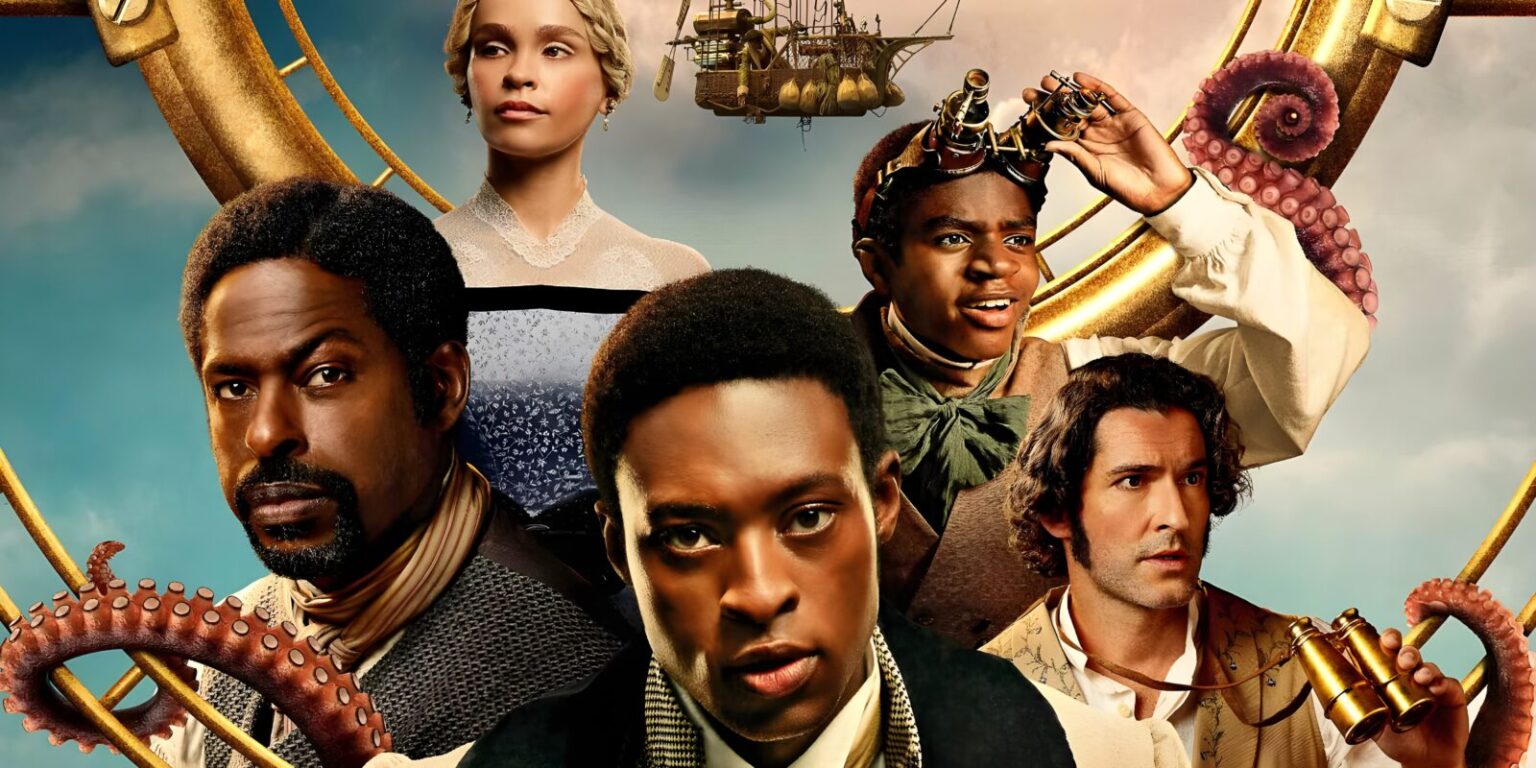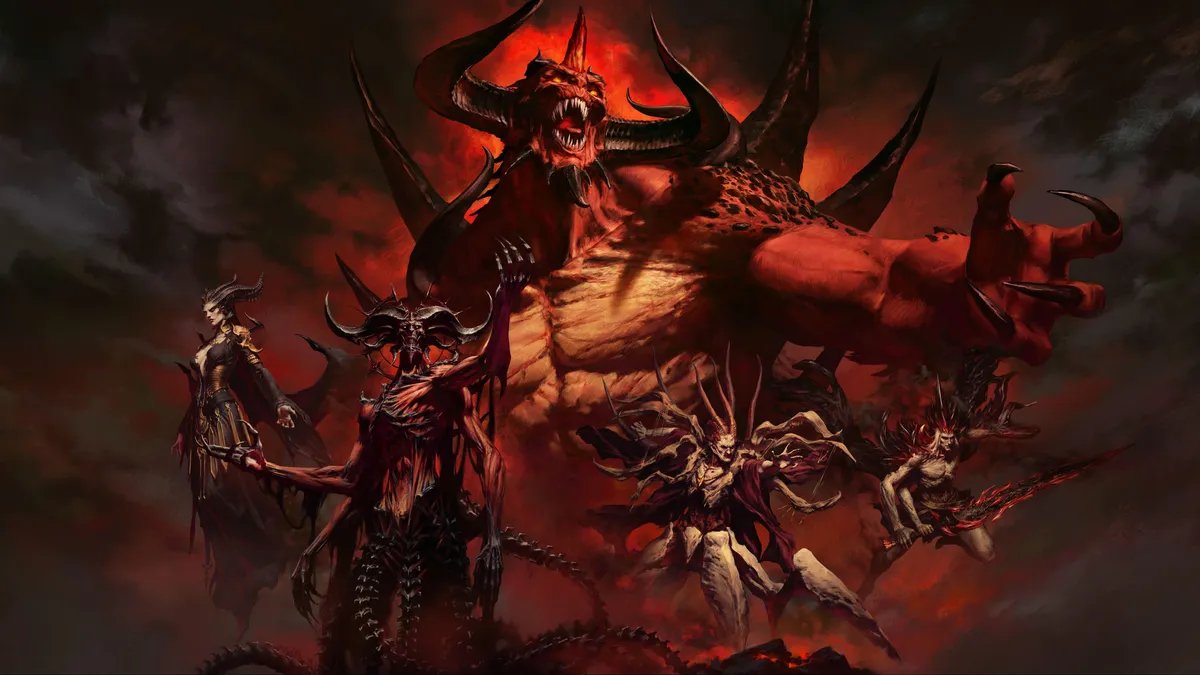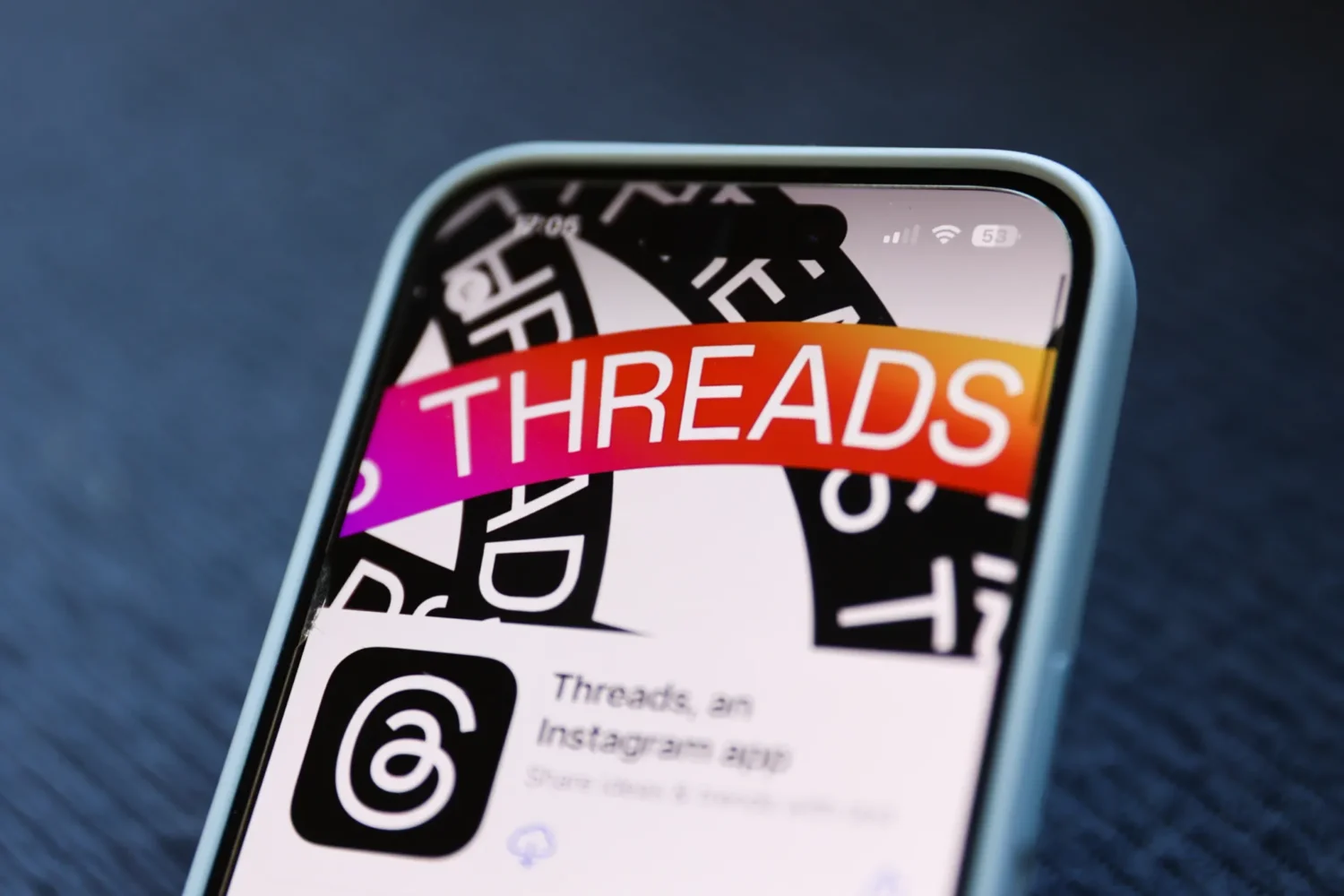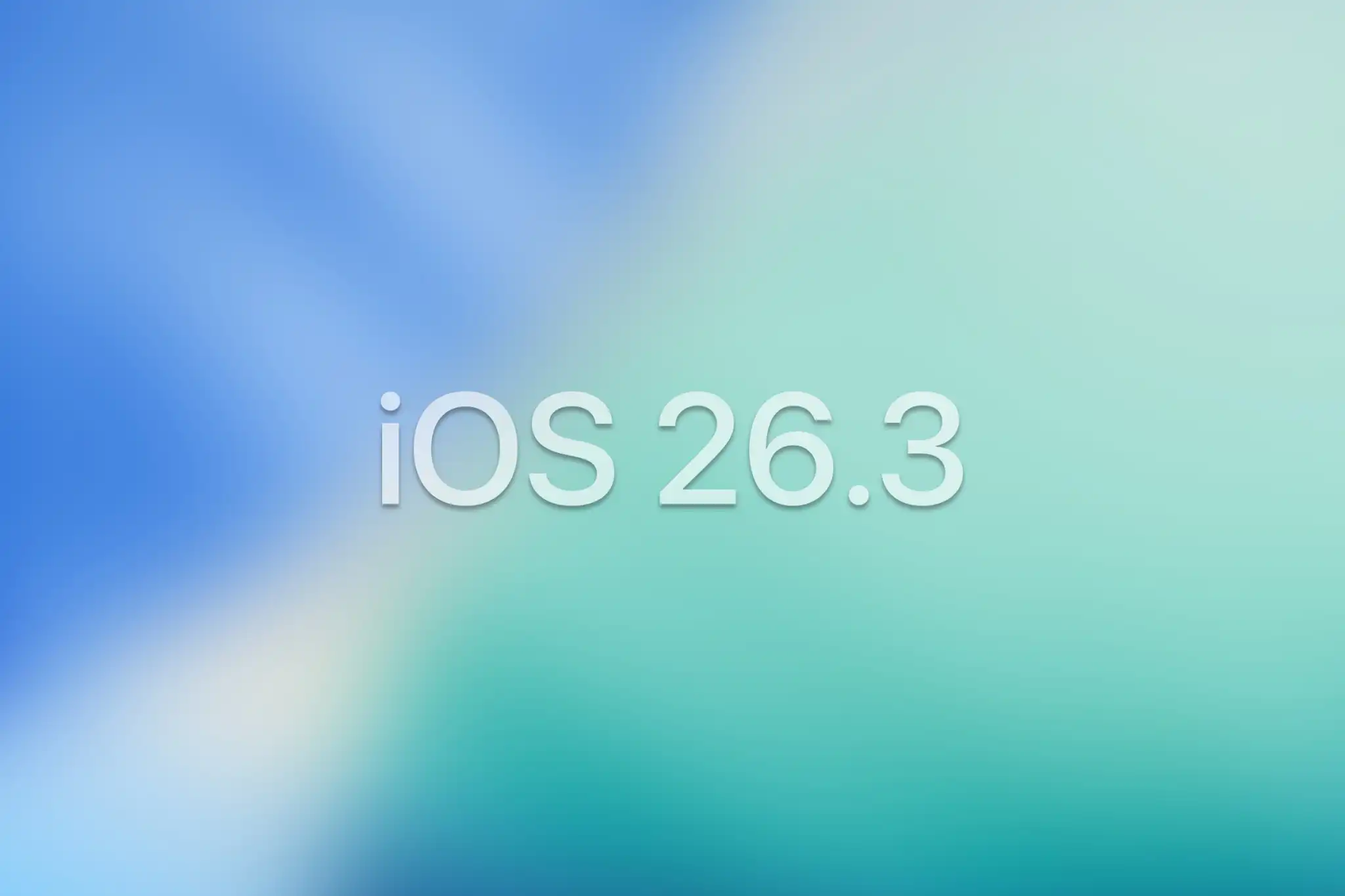TL;DR: Disney+’s Washington Black is a visually rich, emotionally tender coming-of-age saga with just enough steampunk and swashbuckling to keep the heart racing. While it takes a few episodes to lift off, it ultimately becomes a bold and necessary adventure about freedom, invention, and finding your place in a world that has always tried to define you.
Washington Black
Adventure Stories for the Library Kids
There’s something about summer and stories of escape. Maybe it’s because, as a kid, the first real taste of freedom came when school let out and the possibilities of adventure were bound between the covers of borrowed library books. Washington Black brought me back to those days instantly. Not because it’s nostalgic (though it sometimes is), but because it understands the particular thrill of a journey you never asked for, one that tears you from everything you know and leaves you gasping in the clouds.
Adapted from Esi Edugyan’s acclaimed novel, Washington Black is not just an adventure tale with flying machines and fugitive protagonists. It’s a deeply humane and personal story of trauma, transformation, and tenuous hope—a bildungsroman steeped in historical injustice, yet unafraid to dazzle with sparks of wonder.
Wash Takes Flight
The series opens on the Barbados sugar plantations of the early 19th century. George Washington Black, or “Wash,” is a boy born into slavery, portrayed by Eddie Karanja with a heartbreaking mix of curiosity and guardedness. When he’s plucked from obscurity by the eccentric, abolitionist-minded Christopher “Titch” Wilde (played with boyish bravado by Tom Ellis), it seems like an unexpected reprieve from brutality.
Titch isn’t your average white savior stereotype. Yes, he offers Wash freedom—and yes, he does it via an experimental flying machine (the show calls it a “cloud cutter,” because of course it does). But Ellis plays him as someone charmingly oblivious to the true weight of the world he’s trying to lift Wash out of. Their dynamic is less mentor-protégé than a strange, co-dependent bond between two men on the run from different pasts.
It’s only after a tragic event places Wash in the crosshairs of a murder accusation that the story truly lifts off, turning what could have been a static historical drama into an episodic fugitive’s journey. Think Les Mis meets Around the World in 80 Days, with more trauma and telescopes.
Science, Selfhood, and the Ghosts of the Past
Years later, we rejoin Wash as a grown man in Nova Scotia, now going by the name “Jack Crawford” and portrayed by Ernest Kingsley Jr. with remarkable poise and vulnerability. There’s an odd magic in Kingsley’s performance—a mixture of wonder and melancholy that perfectly captures a man still unsure whether he’s running toward something or away from everything.
Wash’s scientific talent and artistic sensibility become his defining traits, not his past—and that, in many ways, is the most radical thing about Washington Black. It is not a story about slavery. It is a story about a person who was enslaved, but who dreams bigger than the world would allow.
And yet, the ghosts remain. Titch is gone, his absence a gaping mystery. Medwin Harris (Sterling K. Brown, in a role smaller than you might hope but no less impactful) becomes a surrogate father figure, overseeing a community of freedom seekers. Brown plays him like a man who knows how much has been lost—and how much more could be lost if you let down your guard.
Then there’s Tanna Goff (Iola Evans), the biracial scientist’s daughter who embodies both privilege and precarity. She can pass as white in an empire that never knew what to do with ambiguity, and her reluctant engagement to merchant Billy McGee (Edward Bluemel, bringing edge and unexpected nuance) places her in Wash’s path like a narrative time bomb.
A World of Wonders
Where Washington Black excels is in its tone. It’s lyrical without being precious. Whimsical without being flippant. Every episode feels like a chapter torn from an old Jules Verne novel, but rewritten by someone with a much deeper understanding of injustice, identity, and diaspora.
The flying machine isn’t the only fantastical element. There’s an ever-so-slight magical realism threaded through the series, just enough to remind us that we’re seeing the world through Wash’s eyes—eyes that crave logic, but are haunted by legend.
That said, the pacing isn’t perfect. The first couple of episodes take their sweet time building tension, and some viewers might get itchy waiting for the adventure to really begin. When it does, though, it goes full steam ahead (and I mean that semi-literally: steampunk airships, experimental labs, the whole shebang).
Romance and Reclamation
What grounds Washington Black, beyond its style and performances, is its emotional core. The romance between Wash and Tanna isn’t just window dressing—it’s a meditation on choice. Neither of them really has any. Their love is born from shared intellect, shared solitude, and a mutual longing for autonomy in a world that constantly strips it away.
In a lesser show, this would all feel like background noise for the next big action sequence. Here, it becomes the heart of the story. The question isn’t whether they’ll make it together. It’s whether either of them can be whole, let alone free, in a world built to keep them fragmented.
The Necessity of Wonder
Only four episodes were available for review, so I can’t speak to whether the final landing sticks. But Washington Blackhas already done something rare: It’s given us a Black-led historical series that prioritizes imagination over trauma, without erasing the very real pain of the past.
This is a series about science and survival, romance and resistance, selfhood and soaring dreams. It’s about what it means to be seen as a whole person—not just in the eyes of those who hold power, but in your own reflection.
Whether or not Wash ever stops running, I’ll be chasing the feeling this show gave me for a long time.







